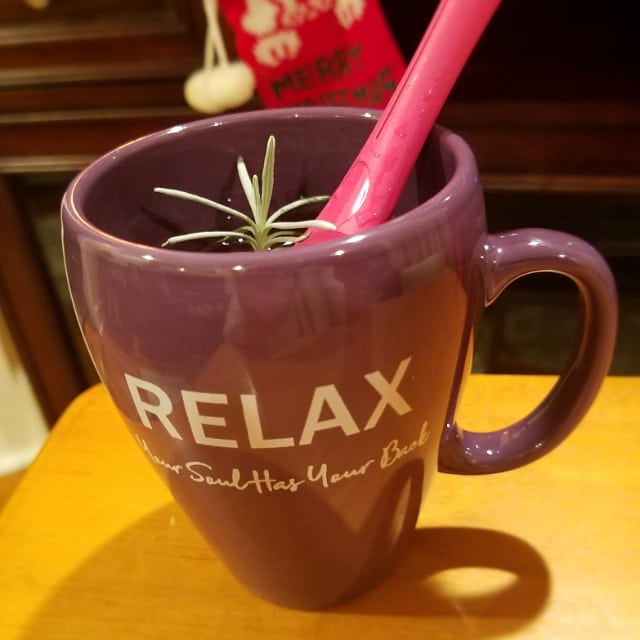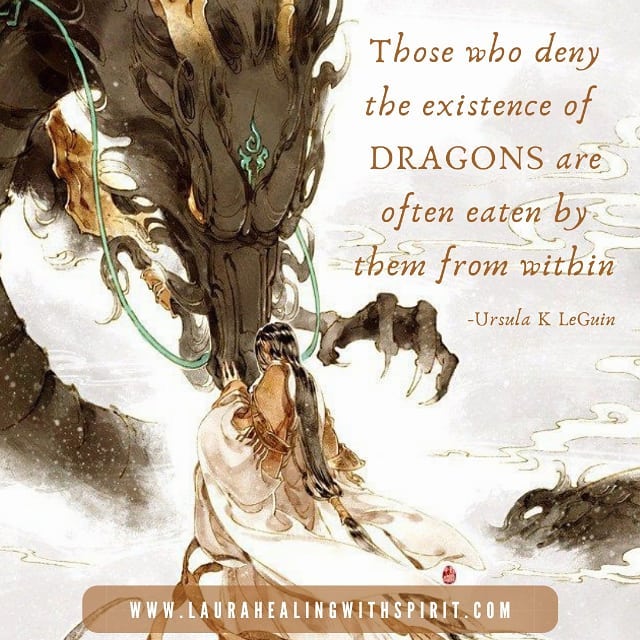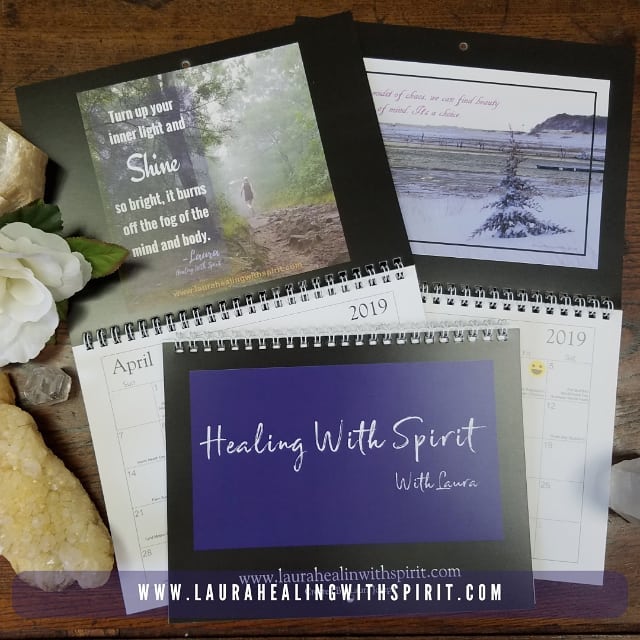End of Life Spiritual Care
Spirituality in End of Life

There are times in our lives when we recognize our spiritual needs and look for spiritual resources. We search for meaning. The Japanese term “ikigai” – meaning that which gives life significance or provides a reason to get up in the morning – most closely encompasses spirituality in our lives.
Often times, it is when we are faced with death, dying, grief, and loss we search for meaning. Yet, it is also during these times, we often find new opportunities for spiritual growth.
It is about asking the questions “What has my life meant?” and “What is my purpose?”
We may not fully be able to answer those questions. However, it is in the reflecting about our experiences, challenges, and relationships that we discover the value. This kind of inner work is often not easy and sometimes we need help to a greater understanding.
We understand that everyone defines spirituality in different and unique ways. Spiritual needs are therefore respectfully met through tailoring components of care to the person’s background, spiritual beliefs, traditions, and wishes.
What is Spiritual Care?
 Spiritual care involves one person helping another to think about spiritual issues and concerns in an affirming, non-judgmental and nurturing way.
Spiritual care involves one person helping another to think about spiritual issues and concerns in an affirming, non-judgmental and nurturing way.
We can help you meet your spiritual needs:
- Spiritual care can include a spiritual assessment, for which a number of tools are available that clarify, for instance, a person’s value systems.
- Review Spiritual assessments as needed as a person’s condition and spiritual needs can change.
- Co-ordinate spiritual support for you.
- We also assist in guiding you through the transition process
Every person’s experience is unique. Each way we work with individuals is also unique. There is no one approach to this work. We may use any of the following for support and inner peace:
- Prayer or cherished readings
- Meditation, mindfulness, guided imagery, Tibetan singing bowls
- Jikiden Reiki®
- Spiritual guidance
- Spiritual exercises
- Make recommendations to include other support whether medically, emotionally, physically, or spiritually
- Patient advocacy
Other components of spiritual care can include allowing people to access and recount their life story; getting to know them, being present with them, understanding what is sacred to them and helping them to connect with it.
Being Guided Through Transition
 ‘A good death is an extraordinary, moving and sacred experience. It can also have a healing quality, not only for the person who is involved but their families, friends and the wider community.’ (Felicity Warner, Gentle Dying)
‘A good death is an extraordinary, moving and sacred experience. It can also have a healing quality, not only for the person who is involved but their families, friends and the wider community.’ (Felicity Warner, Gentle Dying)
This comes at a time when everything that can be done from the medical perspective has been done. This time period can come hours, days, or weeks prior to transitioning. Every person has a different experience that is unique to them.
Some times when we prepare for transition, we begin to face surmounting fears leaving the physical world behind as we move into the spiritual world.
Sometimes we may recognize something just “does not feel right” with our loved one. Sometimes our loved one may feel restless. They may moan in a way that may be agitated not not filled with peace. Some of this may be conscious or subconscious.
Helping another life through the transition process is, without a hesitation, the most sacred act we do since we guide souls through the dying process and transition into the spiritual world. We assist the the person dying or the soul of an individual through the process and help them to cross over to a safe place at the time of death.
Here, we connect with souls preparing to transition at the deepest and most pure level.
Laura uses what is in her virtual tool box to best guide the needs of her clients. Dying does not have to be morbid and fearful. Dying can be beautiful that is filled with support, comfort, compassion and love. The transition process can be beautiful. How we move through the dying process can also assist in the grieving process.
Also, sometimes when a person is preparing to transition and they are unconscious, Laura can connect with the person to find out what is going on, resolve fears, and last thoughts for the loved ones being left behind. This can be done privately or surrounded by loved ones.
Many times, Laura uses multiple tools in the same visit depending on what is needed. For more information, contact her.






